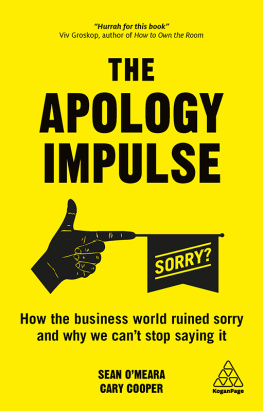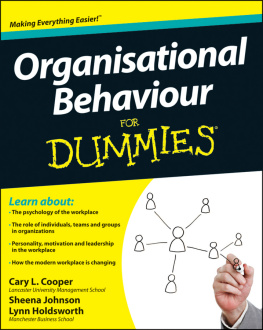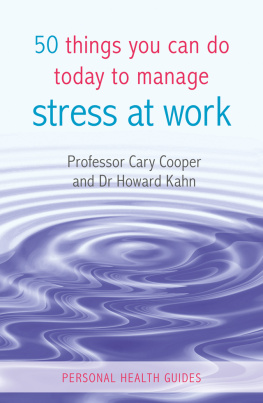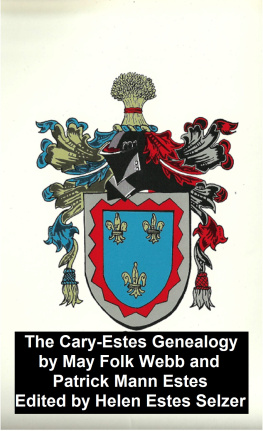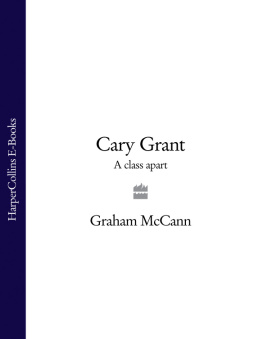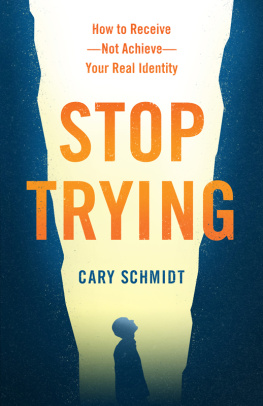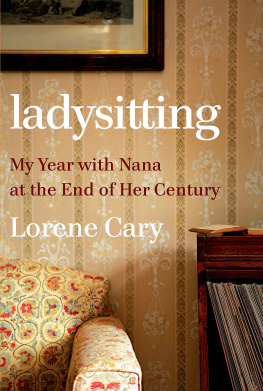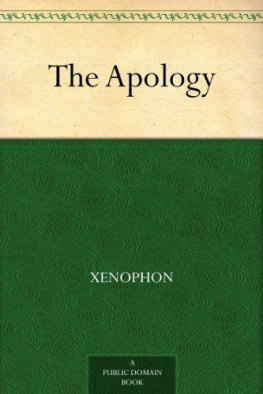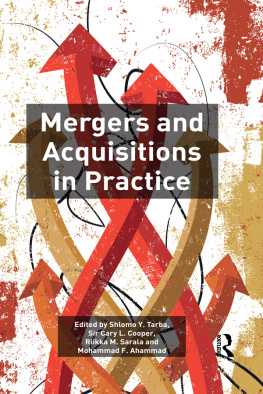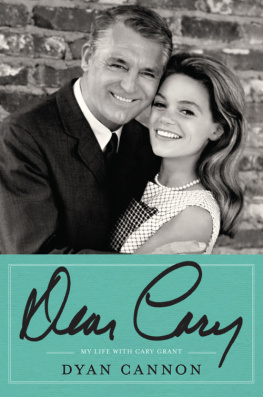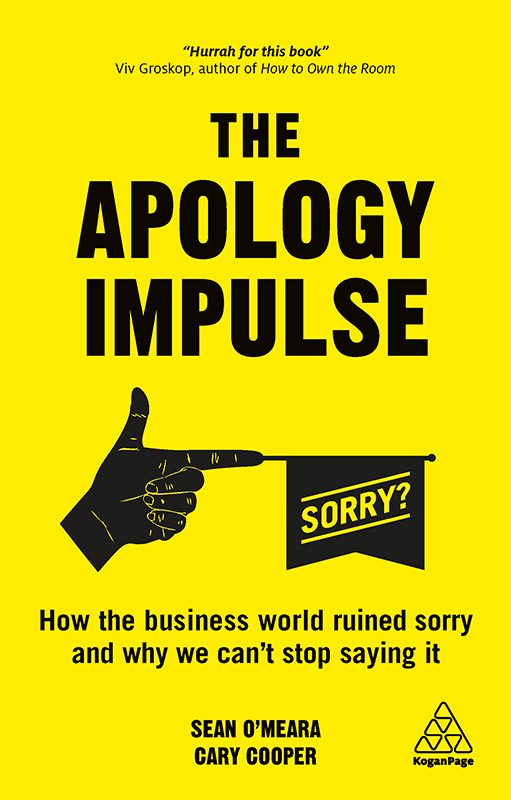
Contents
Landmarks
Page List
Praise for The apology impulse
A fascinating and comprehensive study into the nature of apologies, covering everything from why a supermarket had to apologise 50 times in a day to how refusing to apologise made a company 1 million in four days.
RICHARD SHOTTON, BEHAVIOURAL SCIENTIST AND AUTHOR OF THE CHOICE FACTORY
I make no apologies for saying hurrah for this book. At last, someone has drawn the distinction between being truly sorry and just faking it in business, in politics and in life.
VIV GROSKOP, AUTHOR OF HOW TO OWN THE ROOM: WOMEN AND THE ART OF BRILLIANT SPEAKING
The Apology Impulse is a brilliant overview of the world of fauxpologies and outrage capitalism, with stories of horribly misjudged responses alongside insights into how to hit just the right note. It made me smile and ponder my own spectrum of contrition, but it will and should change the way organizations approach the S-word.
NEIL MULLARKEY, CO-FOUNDER OF THE COMEDY STORE PLAYERS AND CHIEF OF IMPROV YOUR BIZ
A highly relevant and important book. It is both witty and wise.
JULIA HOBSBAWM OBE, HONORARY VISITING PROFESSOR IN WORKPLACE SOCIAL HEALTH, CASS BUSINESS SCHOOL
How businesses behave and what they say really matters. The Apology Impulse explains how companies can do both things better, and comes from authors who know how to do this well.
CHRIS LEWIS, FOUNDER AND CEO OF LEWIS, AUTHOR OF TOO FAST TO THINK AND CO-AUTHOR OF THE LEADERSHIP LAB
Contents
Sean OMeara is a publicist, writer and occasional musician. He founded the public relations and digital communications consultancy Essential Content in 2015. He lives in Manchester, UK.
Professor Sir Cary Cooper CBE is the 50th Anniversary Professor of Organizational Psychology and Health at ALLIANCE Manchester Business School of the University of Manchester, President of the Chartered Institute of Personnel and Development, Immediate Past President of the British Academy of Management and President of the Institute of Welfare. He is the author/editor of over 170 books and over 350 scholarly articles on organizational psychology and HR topics. He has seven Honorary doctorates and is Honorary Fellow of the Royal College of Physicians. He received a CBE from the Queen in 2001 for his contribution to occupational health and was knighted by the Queen in 2014 for his contribution to the social sciences.
Sean OMeara With sincere thanks to Pauline Johnston, Pat OMeara, Robert OMeara, Ryan OMeara and Kim OMeara for the many years of inspiration, support and encouragement.
Thanks also to my friend and co-author Professor Cary Cooper, editor Christopher Cudmore and all at Kogan Page for giving me the benefit of their skill and talent (and patience) throughout the process, and to everyone who contributed their experiences and expertise for this book.
Cary Cooper To all the Comms and PR professionals who did the right thing and owned up to their mistakes/failures.
On the morning of his wedding in March 1951, Mr R M Hosking of Kings Heath in Birmingham realized hed got an embarrassing problem. Through no fault of his own he was without a morning suit in which to get married. Hed ordered one and paid for it in plenty of time. It just never arrived. As he set off to get married in a pair of his soon-to-be father-in-laws trousers, Hosking would have been entirely unaware that the events leading to his misfortune had been set in motion the previous year. It would be of little comfort when he realized, but he wasnt the only groom without a suit to get married in that year.
A year before Hosking was due to tie the knot, Clement Attlees Labour Government had made a change to the tax laws that inadvertently provided a hefty tax incentive for engaged couples to get married before the beginning of April, when the UKs fiscal year ends. It remained the most popular wedding month for almost two decades after Attlees new rule, despite the obvious disadvantage of the famously bad British weather.
In 1951, the first year in which couples could take advantage of the new rule, the number of March weddings almost doubled on the previous year. Without knowing it, approximately 80,000 happy couples, like Hosking and his wife-to-be, would put an enormous strain on the entire wedding supply chain. And that is why Hosking had to borrow a pair of trousers from his fiances dad. The initial and unprecedented spike in March weddings took a lot of people by surprise. Unfortunately for Hosking that included the company from whom hed ordered his morning suit.
A few weeks after his suitless wedding, he received a letter from the company whod let him down. The letter said:
Dear Sir,
Words fail me to express the humility in which I stand for the disgraceful way you were let down. This is the first time such a thing has happened in the history of the Firm, and I can only say that the orders received were phenomenal. You are very moderate in your espressions [ sic ].
Your fee for breach of contract is inadequate I enclose an extra 5 and ask you and your wife to have a bottle or two of wine on my House, to make up in a small way for our lapse. I offer my sincere apologies to you and your wife.
Yours faithfully,
H N Moss
Managing Director
The writer of the letter was Harry Moss, the then managing director of Moss Bros & Co of Covent Garden, now Moss Bros PLC, a global chain with annual revenue in the hundreds of millions. Moss had enclosed two cheques along with his apology: one a refund from the company and a personal cheque from his own account that, in todays money, would be worth a few hundred pounds.
In November 2018, Hoskings son Patrick shared the letter on Twitter, almost 67 years after it had been sent. Citing a magnificent grovel, he asked why companies dont apologize like this any more. Thats a question lots of us have been asking recently.
Mosss apology was never intended to be public. It was a letter from supplier to customer expressing genuine remorse and seeking to put things right. That it was written in such a fantastically grovelling style is merely a bonus. In terms of intent and structure, this apology was almost spot on.
By todays standards especially, the letter could be considered a masterpiece; it is sincere, carrying with it an offer of repair and its refreshingly free of any corporate equivocation or excuse-making modern consumers have come to accept as standard. It focuses almost entirely on Hosking and not the organization. Compare this letter to any of your favourite shrink-wrapped corporate apologies from the last few years and it becomes very clear very quickly that lots of organizations have forgotten their manners.
What went wrong?
2018 was a good year for bad public behaviour. Facebook and Starbucks set the early pace for corporate contrition. Tesla and Uber ended the year on a rousing crescendo. 2019 wasnt much better. Lots of organizations issued apologies. Very few of them said sorry.
As authors weve been closely monitoring these high-profile public apologies for more than two years. Its been remarkable to see how much effort goes into bad apologies and how skilful public figures and organizations have become in crafting semantically acrobatic statements calling them apologies would be a category error to deflect, reframe and evade the misdeeds they find themselves addressing. Its been even more impressive to witness, through the conduct of recently contrite organizations, just how much they didnt mean their apologies.
Next page
